Could a sport transform the way we see our athletes? For him, the answer is obvious. As if he were a character from a science fiction movie, a singular being inhabits a distant town called Cubulco. Lawyer by day and athlete by night, he is often seen in the afternoons, galloping like a gazelle through the mountain peaks; sometimes, they even see him passing through the village streets, walking among them with a mission that only he knows. As he moves away from his village, the sounds of motorcycles and trucks fade, and the paved streets turn into mere patches of dirt and stone.
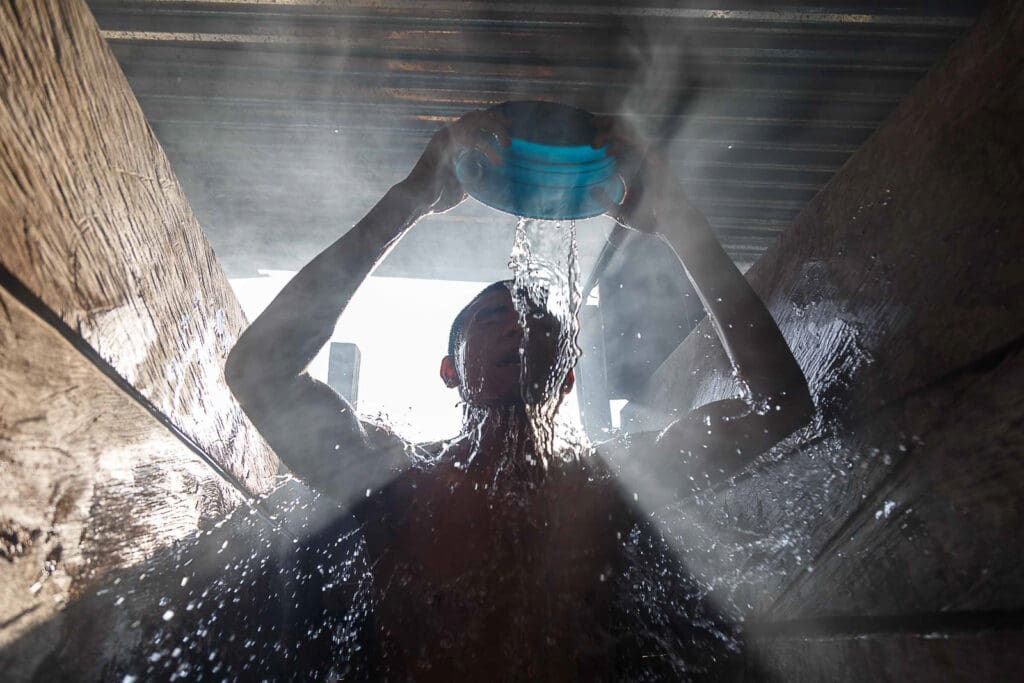
“There, where we are going, you will see a sunrise that is everywhere, I don’t know why, but I always take pictures of sunrises when I remember,” he mentions as a landscape of orange and green surrounded by mountains gradually becomes evident, resembling a completely different planet if it weren’t for the touch of reality in seeing that, just like the majestic mountains, his town is enveloped in a tapestry of villages with alarming figures of poverty and malnutrition.
Guatemala has managed to create improvements for its athletes over the years. Especially after its first Olympic medal by runner Erick Barrondo. However, some time after this achievement, Guatemala became immersed in controversial waters in sports, being suspended from the Olympics in 2022 and with little political will to change this state until the suspension was lifted in 2024 with the help of President Bernardo Arevalo.
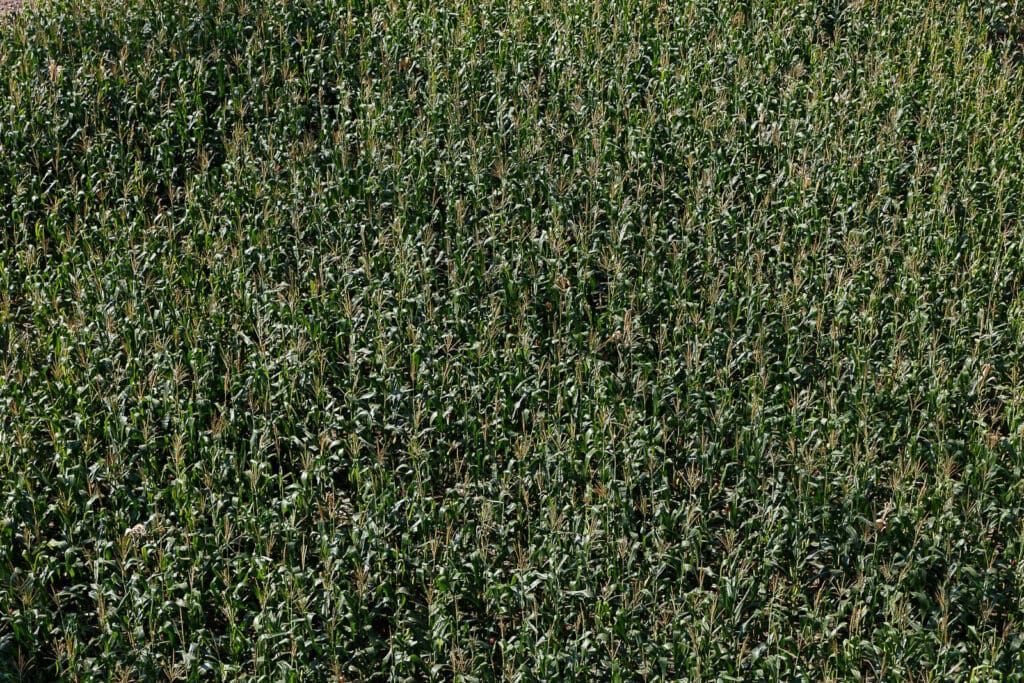
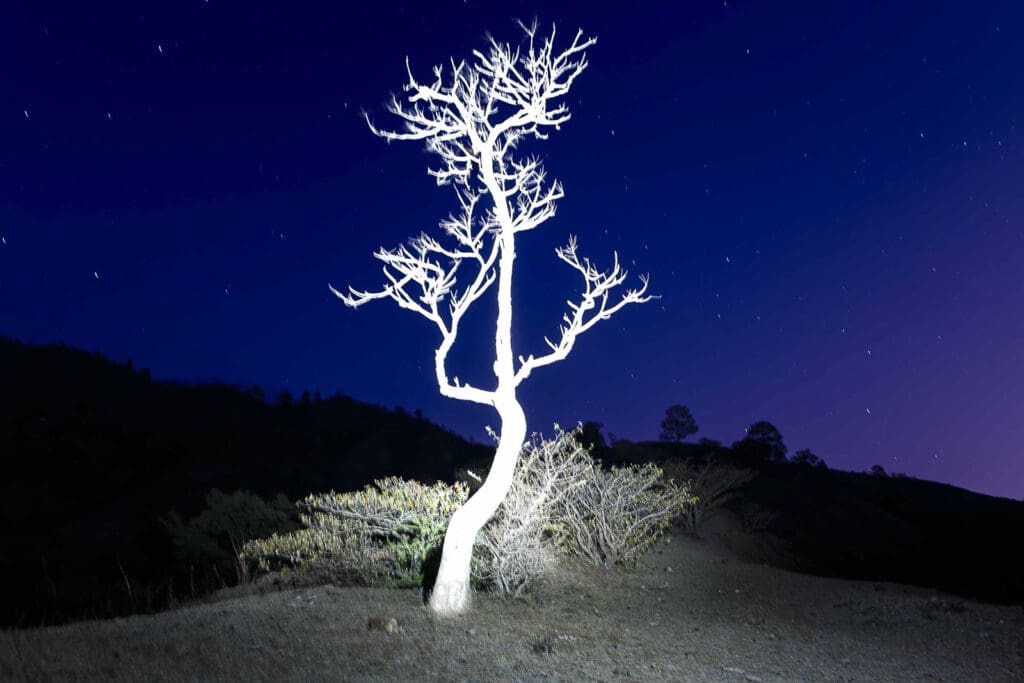
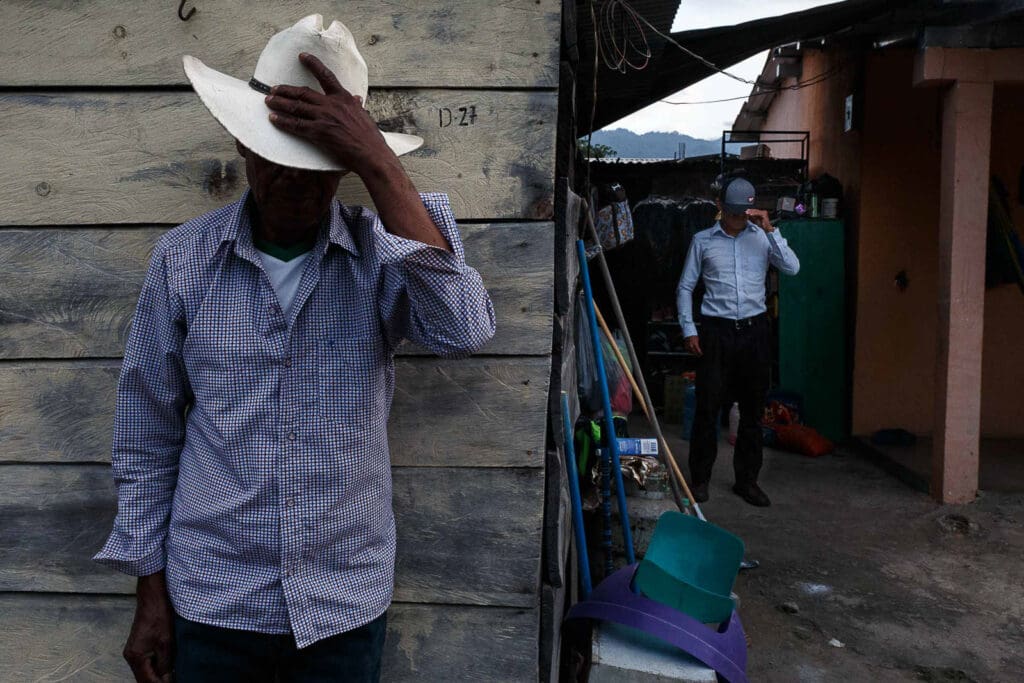
���I was born in the village of Pachijul, 1987, of indigenous ethnicity. My childhood and adolescence were spent fishing, going to the farms to pick coffee, cut cardamom, work in melon fields, and sugarcane plantations, but I never wavered in my pursuit of education.” says Cornelio.
The outlook for these athletes is one of uncertainty, which worsens the further they are from the most popular branches of sports in Guatemala and its metropolitan capital. For Cornelio, it’s not just a political will but rather something cultural from his own country.
Cubulco, located in the department of Baja Verapaz, is 90 kilometers from the city of Guatemala. Its population, mostly Maya K’ub’ul (a term for a new language they are trying to be independent from the language Achi which Cornelio is part of), struggles with issues such as illegal migration, alcoholism, malnutrition, and education. Mostly composed of farmers or people dedicated to agricultural work, although not impossible, few people manage to escape this. In these lands, Cornelio prepares for his future trail running races.
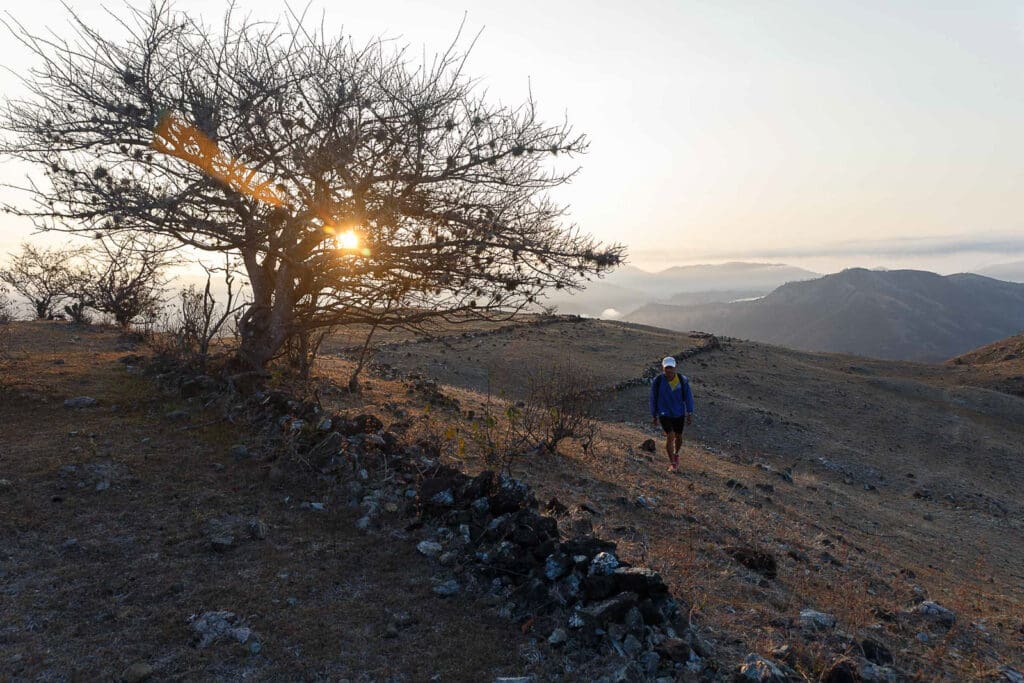
Trail Running is an increasingly popular sport globally, with a 12.28% increase in interest in 2024, making it one of the fastest-growing sports. Due to its popularity, there are efforts to include it in the Olympics, although it is still in very early stages of being accepted. A sport that Cornelio explains as a battle of body and mind, where the body can only perform if the mind is capable of believing it can—something that has coincidentally played a very important role in Cornelio’s life, as his mind, family and friends were crucial in overcoming a trauma at the age of 8 when he got injured in one eye, which caused him to isolate himself from others for about a year.
His experience in ultra marathons has created a network of friends who seek and provide support to their fellow ultra marathon friends. Cornelio’s mission has evolved from finishing and winning races to developing future athletes from low-income backgrounds who seek help in how to start and how to train. It’s surreal that despite his charity, many people have reservations about Cornelio; sometimes it seems like he lives on another planet, being the only one of his kind. It makes one wonder if we are truly supporting our athletes or just taking credit for someone else’s work, as the saying goes.
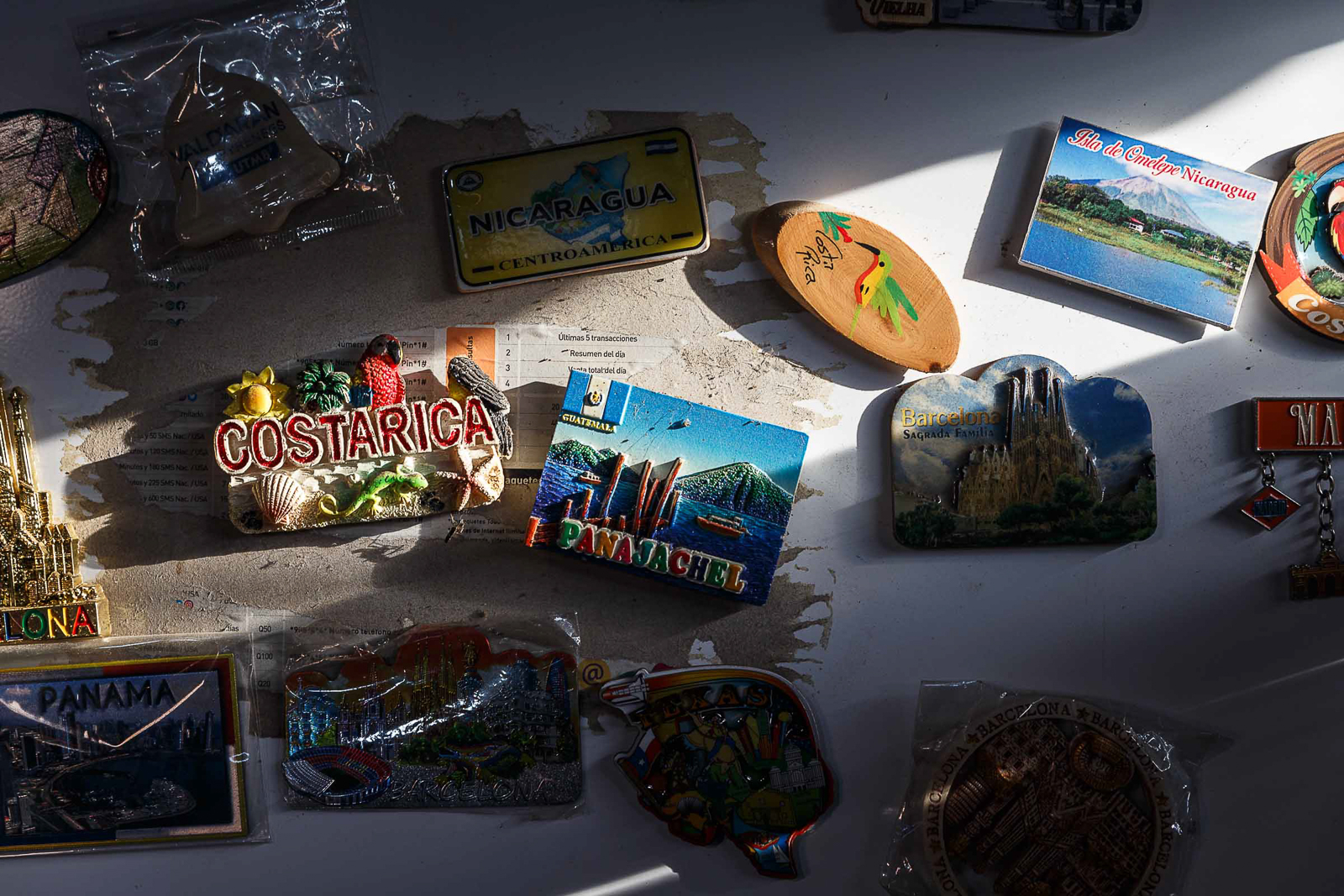
“I sell sports items like shirts and raise funds through platforms like ‘Gofundme.’ In a few cases, a friend or business collaborates with something minimal that adds up.” Says Cornelio While he may not be the only one in such a situation, he seems to be the only one betting on the future and not just the present.
Are these terms so difficult for us Guatemalans to reach and understand? Why are we the aliens in front of our athletes and they future?
As long as we can’t answer this, the only normal one is him, a man eager to run.

